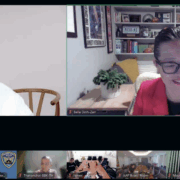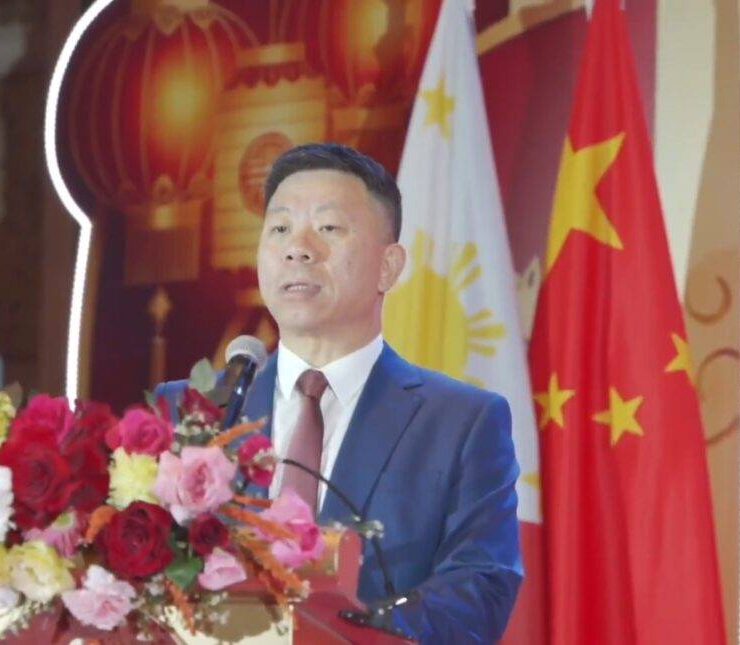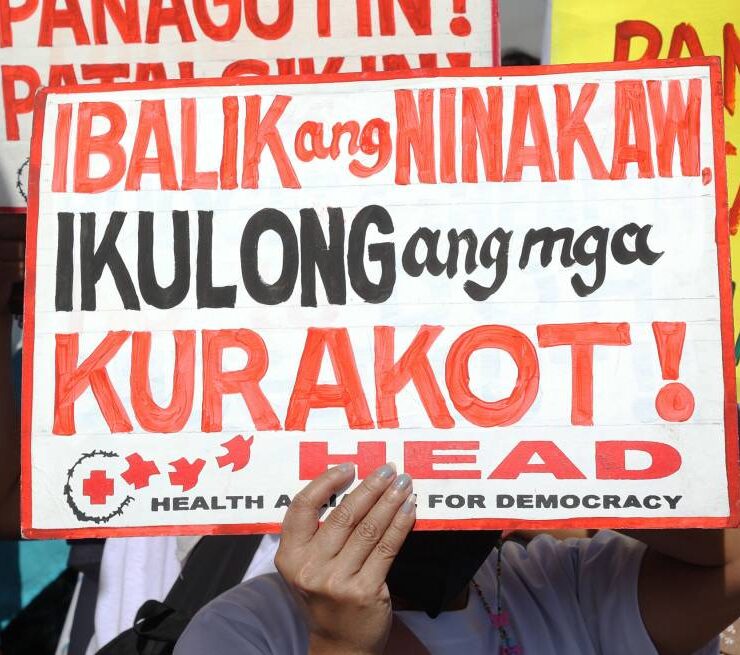Impeachment: Guarding boundaries

When the three branches of government — the executive, legislative, and judiciary — disagree over their roles, we are often warned about a looming constitutional crisis. The Constitution, everyone agrees, should settle such disputes. But who gets the final say on what the Constitution means?
That role belongs to the Supreme Court. But what if the other branches refuse to accept its interpretation?
In theory, they can seek clarification or reconsideration through motions or pleadings. The Court may then deliberate further. The process is reported in the media, allowing the public to follow the reasoning and express its own views in other platforms. Ideally, this leads to a resolution that is both lawful and broadly acceptable.
This process is being tested now. The Supreme Court recently struck down, by a vote of 13–0 with two abstentions, the impeachment complaint against Vice President Sara Duterte. As startling as this decision may be, it does not signal a constitutional crisis — at least not yet.
From a sociological standpoint, such a crisis arises only when two conditions occur: first, when society no longer agrees on what the law requires; and second, when political leaders lose the legitimacy to make binding decisions. We are not there yet. But we are witnessing signs of strain.
Though not a lawyer, I believe any reasonably informed citizen can make sense of the high court’s decision, given time and patience. I read the ruling at least three times, and found it revealing. It did not concern itself with the specific charges against Duterte. The focus rather was on the correctness of the procedure followed.
Two key arguments underpin the decision. First, the court held that the impeachment complaint violated the “one-year rule.” The Constitution allows only one impeachment proceeding per official within a 12-month period. In this case, three earlier complaints were filed against VP Duterte before a fourth one was transmitted to the Senate — all within the same year. Though the first three were “archived” and deemed dismissed, the court said the fourth still violated the rule.
Second, the ruling found that due process was violated. The Vice President, the court said, had been denied the opportunity to be heard in the House of Representatives before the complaint was transmitted to the Senate. Impeachment, the ruling emphasized, is fundamentally a legal process. As such, it must adhere to legal standards of due process.
Those who plan to seek reconsideration are likely to raise two counterpoints.
First, they will say the “one-year rule” was not breached. The three earlier complaints were not acted upon. They were neither debated nor endorsed. Therefore, they were never “initiated” in the constitutional sense. Second, they will argue that the Vice President was not denied due process. Under the rules, once an impeachment complaint gains the support of at least one-third of House members, it goes directly to the Senate for trial. That is where the official is supposed to be heard. The Constitution, they will argue, does not require a prior hearing in the House. In this view, impeachment is primarily a political act of exacting accountability, governed by its own internal logic and standards. They will likely cite past Supreme Court rulings to support this reading.
I hope the court agrees to hold oral arguments before it issues a final decision. These moments are crucial for public legal education, not just for aspiring lawyers. They help citizens understand not just the outcomes but the precise reasoning behind them.
As a sociologist, my interest lies in how societies manage complexity. Ours is one in which the boundaries between institutional domains — law, politics, religion, media, science, etc. — remain porous. Of all these, politics tends to spill over other domains the most.
That is why it’s important for other domains to guard their autonomy. When politics is conducted with little care, other systems — law and religion included — are compelled to push back. Senior Associate Justice Marvic Leonen’s strongly worded ponencia reflects this, even if at times it comes close to preaching. In so doing, it, too, risks stepping beyond what legal reasoning alone can justify. And this is the heart of the matter.
Modern societies are not run by a single center. There is no master controller. Politics cannot dictate to law, nor law to religion, nor religion to media. Each domain needs to respect its limits if it’s to perform its function effectively. Each must learn to practice what some sociologists call functional modesty — the restraint that comes from knowing one’s proper role.
This isn’t just theory. It’s how modern society survives complexity.





















